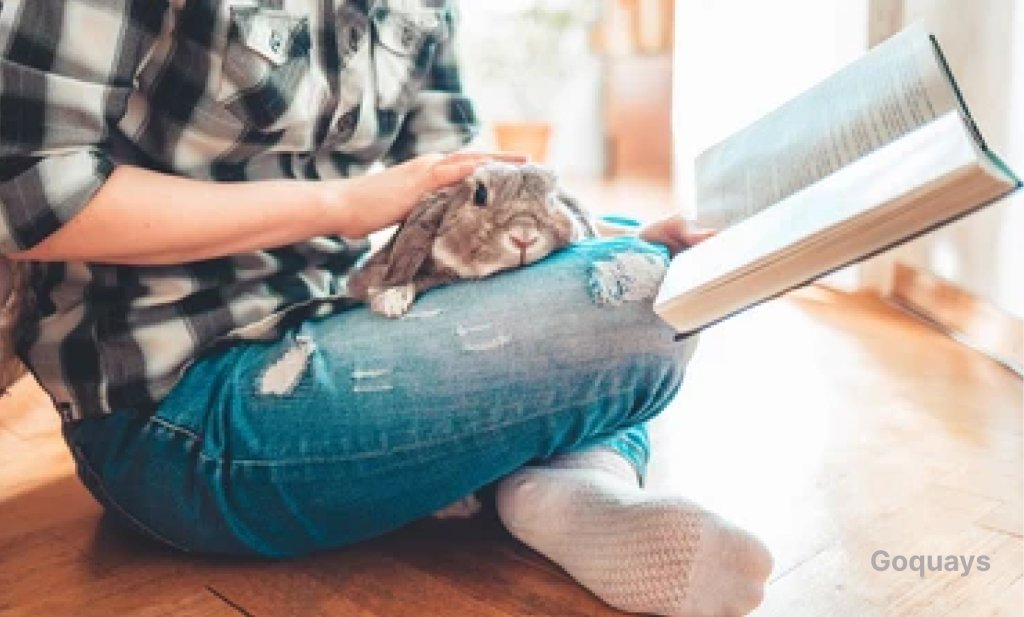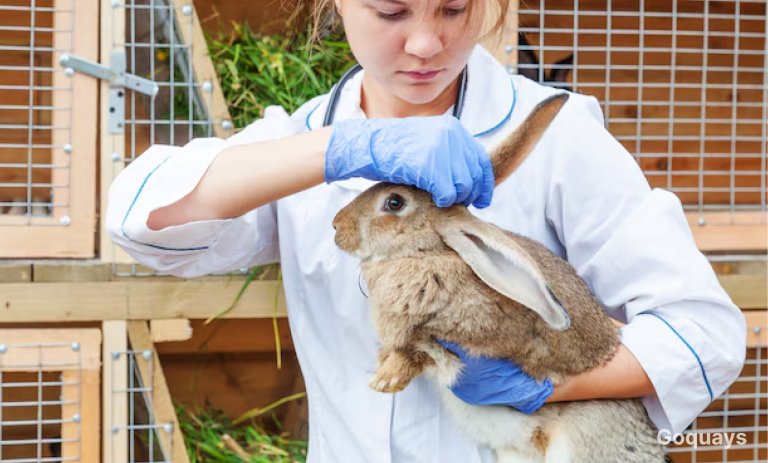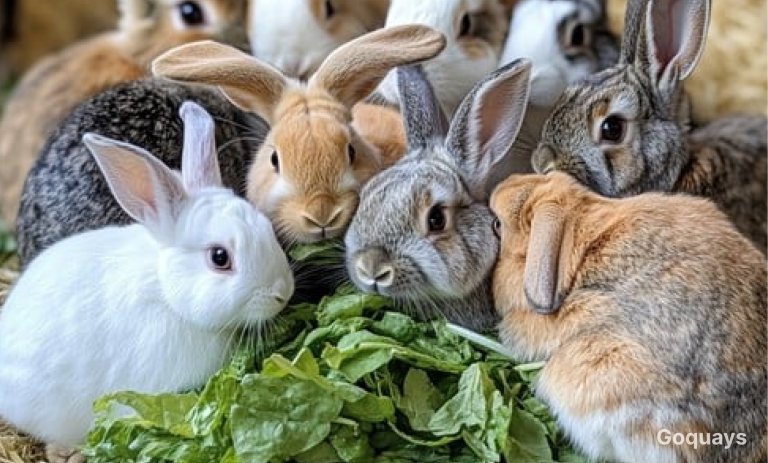Mistakes are bound to happen especially when it comes to caring for pets like rabbits. Due to their unassuming nature, it is easy to assume that we know all there is to know about how to care for our pet rabbit. Bunnies require a lot more care than we can imagine and many pet parents do not carry out enough research about them before bringing them home.
Rabbits are commonly misunderstood. With their twitching noses, soft fur, and kind disposition, it’s easy to imagine they’re low-maintenance pets suitable for beginners. However, underneath that cute look is a sensitive, complicated animal that needs the same amount of love, care, and sometimes more than most pets.
The health, temperament, and general happiness of a rabbit can be negatively impacted by the mistakes that many new owners unknowingly make. These mistakes are typically the result of inadequate knowledge rather than carelessness. I have made some of those mistakes myself and learnt from them and that is the good news, that they can be totally prevented with the right guidance.
We will look at 10 common mistakes that rabbit owners make and how we can avoid them to keep our bunnies happy and healthy.
Giving the Wrong Diet
One of the biggest mistakes that new rabbit owners make is not understanding what rabbits need to eat to stay healthy. It is a common misconception that rabbits can survive on a diet of pellets and carrots alone, but this can eventually lead to serious health issues like obesity, digestive issues, and dental disease.
The most vital aspect of a rabbit’s diet is Hay; it should make up 80-90% of their diet. Hay is important because it contains the fibre needed to keep the digestive system moving. Carrots and candy should be given in small quantities to limit sugar intake. Rabbit pellets, though important, should make up only about 5% of their diet. 10% of a rabbit’s diet should be leafy green vegetables.
How to Avoid This Mistake
- Provide enough hay throughout the day to promote gut health and help grind down their teeth.
- Give your bunny only approved rabbit pellets, the quantity should be based on the weight of your rabbit
- Add a variety of dark leafy greens like kale.
- Give treats like carrots, banana or apple slices a few times a week and only small portions
- Due to the amount of hay they consume, rabbits need an adequate supply of fresh water in a bowl or sippy bottle.
To further ensure that you feed your bunny the right diet, create a weekly menu for your rabbit’s meals to ensure a balanced and varied diet. Rotate greens and treats to prevent boring meals and ensure nutritious, healthy meals.
Keeping Rabbits in Small Confined Spaces
Housing rabbits in cages or hutches that are much too tiny is a common mistake that most owners make. Rabbits are active, athletic animals that require plenty of space to move, stretch, and explore, even if they appear to be content in a small space.
Keeping rabbits in cages limits their activity, rabbit welfare organizations such as RSPCA advocate that you should allow your bunny roam free within a space while you supervise, this eliminates boredom and helps stimulate them mentally. Rabbits kept in confined spaces often exhibit signs of aggression and destructive behavior.
What You Can Do
Provide enough space for your rabbit to run around, you can use baby gates to cordon off a part of a room. If you must keep them in a cage, it is recommended that the cage should be 4ft by 2ft by 2ft. allow your bunnies at least 4-6 hours of free roaming each day.
If your bunny lives indoors, ensure that your home is properly rabbit-proofed for their safety and your peace of mind.
Not Paying Attention to Mental Stimulation
A common misconception among rabbit owners is that they are low-maintenance animals content to spend their days in their cages munching on hay. But in truth, rabbits are highly clever, curious animals that need plenty of mental activity to stay happy and healthy. They may get bored, unhappy, and even destructive if they don’t have it.
For rabbits, boredom often leads to erratic behavior. If left idle, they may experience stress and depression, just like people. Lethargy and a lack of appetite might result from a lack of stimulation or engagement. Rabbits have an innate desire to explore, chew, dig, and forage. There may be major problems if you deny them the chance to participate in these activities.
How to Avoid This:
- Provide a range of rabbit-safe toys, such as tunnels, cardboard boxes, untreated wood chews, and willow balls.
- Make digging boxes out of hay or torn paper
- Provide safe items to explore and rearrange, such as lightweight balls, ramps and tunnels
- Rabbits like interacting with other bonded rabbits or people, spend time playing, petting, or using positive reinforcement to train your rabbit.
- If you only have one rabbit, think about getting a bonded companion, provided that both are neutered and properly introduced.
Not Spending Enough Time with your Rabbit
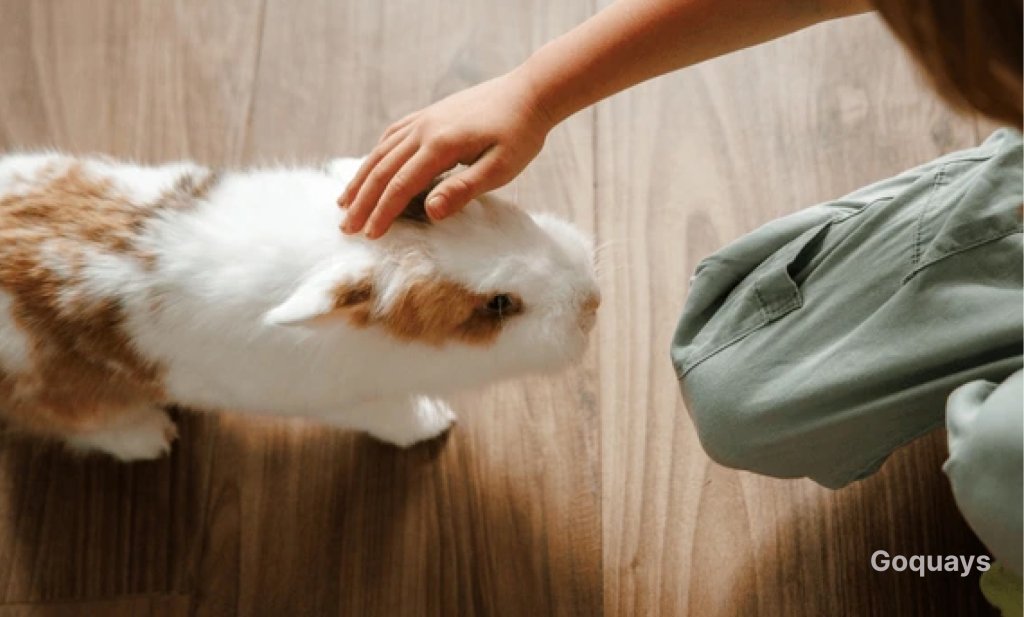
One of the mistakes you can make as a bunny parent is not spending enough time with your rabbit. A lot of people are under the misconception that rabbits are tiny creatures that do not require much interaction. On the contrary, rabbits are very social, loving and intelligent. They love to hop and play and thrive on emotional connections.
Rabbits are not designed to live alone, even in the wild, rabbits live in complex social groups. Without company and human interaction, they can become bored. They can also become apprehensive and aggressive towards people if they are not socialised gently and consistently, which could make them difficult to manage.
How to Avoid This Mistake
Spend quality time with your bunny, pet them gently while you talk to them, try simple routines with them to build trust. Consider adopting a bonded pair or bonding your rabbit with another neutered rabbit.
Your rabbit will depend more on you for company if you are unable to provide a second companion. Rabbits require time to warm up. Some may initially be shy or fearful, especially rescues or those who haven’t had much human contact. However, with kindness, patience, and consistency, even a very timid rabbit can develop into a loving companion.
Ignoring Litter Training and Hygiene
Due to the misconception that rabbits are too erratic and messy to train, many rabbit owners neglect the significance of litter training and keeping the environment clean. Rabbits are naturally hygienic, and will usually have a favourite spot to do their business Failing to train them or disregarding cleaning might result in unpleasant smells, health risks, and behavioural problems.
Not paying attention to hygiene can lead to health risks such as respiratory problems or flystrike; a potentially fatal condition caused by flies laying eggs on soiled fur. Without proper litter training and regular cleaning, rabbit enclosures can quickly become unpleasant and unhygienic, affecting your home environment.
How to Avoid This Mistake
- Litter-train them early, rabbits are extremely trainable especially when they are spayed or neutered. Start by placing a litter box in the corner where your rabbit naturally goes to do his business.
- Use rabbit safe litter such as compressed sawdust or paper-based pellets
- Since rabbits enjoy eating and pooping simultaneously, place hay on top of or close to the litter tray!
- Replace the entire box two to three times a week (more frequently for larger or multi-rabbit households) and scoop out any soiled litter every day.
- Use a rabbit-safe cleaner or diluted vinegar solution once a week to disinfect the enclosure and clean the food and water bowls every day.
Skipping Regular Vet Visits
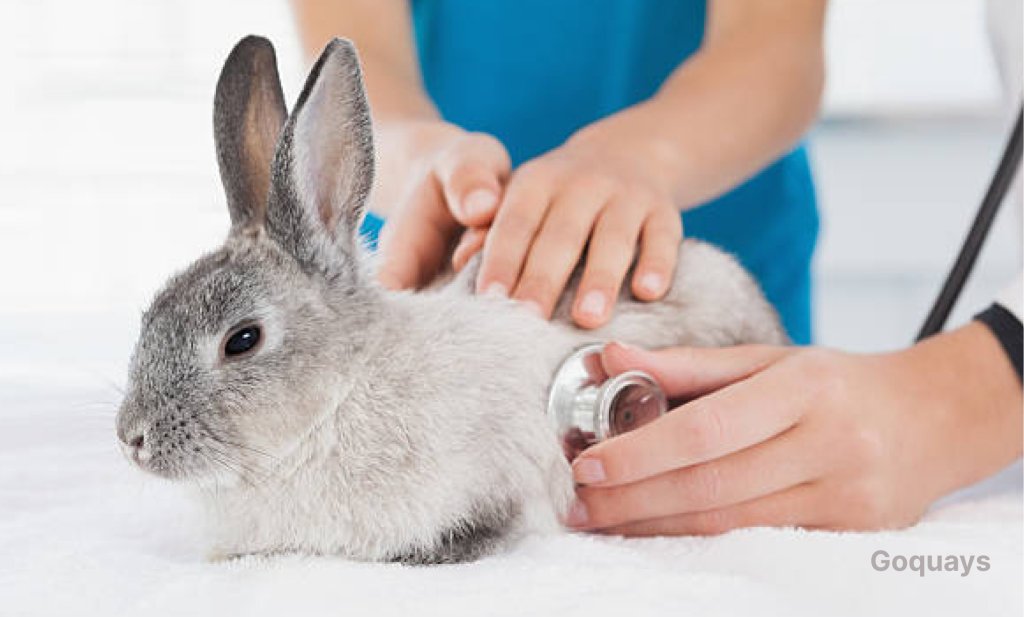
Visiting your vet regularly is crucial because, unlike cats and dogs, rabbits sometimes conceal symptoms of illness until it has progressed. Most owners assume that as long as a rabbit appears healthy, then it most certainly is and does not require a visit to the vet.
Some rabbit illnesses such as Myxomatosis and RVHD can be prevented by vaccinating your bunny. If contracted, they have no known cure and can be fatal. Rabbits are also prone to dental issues and visiting a vet regularly can help you spot signs of illnesses before they become fatal.
How to Avoid This Mistake
- Schedule regular vet visits
- Vaccinate your rabbit, ask your vet about the schedule, so that you don’t miss any.
- Monitor the dental health of your bunny, look out for overgrown teeth which can be very painful and uncomfortable for your furry friend
- Observe your bunny for signs of illness such as loss of appetite, changes in bowel movement, drooling or lethargy. If you notice any change not matter how subtle, consult your vet.
Not Rabbit-Proofing your Home
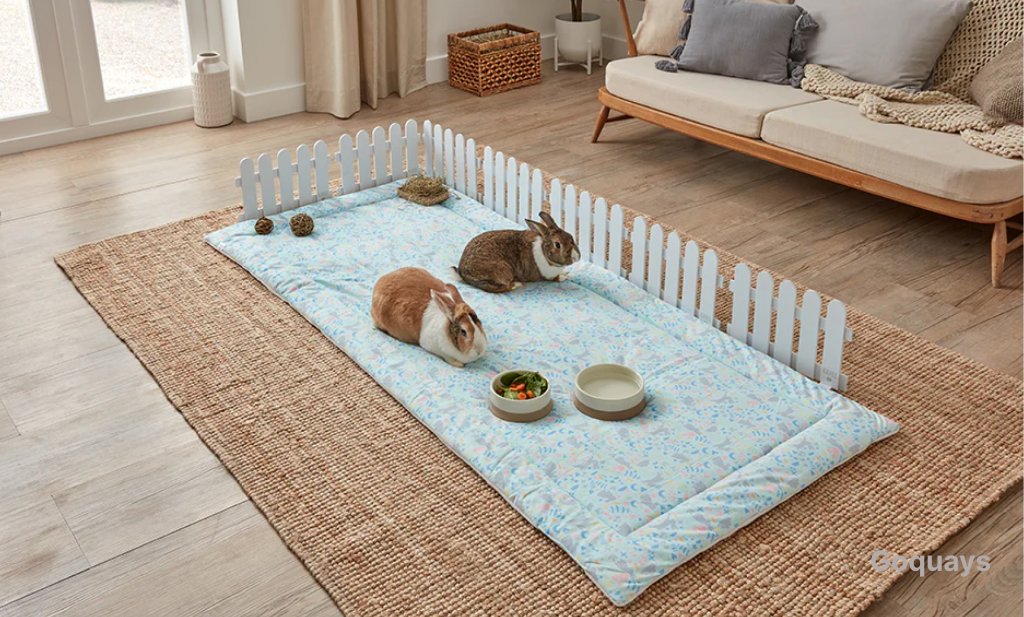
Rabbits are wonderful companions but are also prone to mischief because of their curiosity and desire to explore. If you don’t adequately bunny-proof your space and let your rabbit walk freely, you risk mishaps, injuries, and major damage to your property and your pet.
Rabbits chew naturally to maintain the health of their ever-growing teeth. If left uncontrolled, this can result in chewed baseboards, rugs, furniture legs, electrical cords, and more. Curious rabbits can easily get into confined spaces, get their limbs entangled in wires or furniture, or become stuck under equipment. They can also consume houseplants which can be dangerous if allowed to roam freely without first bunny-proofing your home.
How to Avoid This:
- Protect wires and cables by placing them in plastic tubing and away from the sight of your bunny.
- Keep houseplants away from the reach of your bunny
- Use play pens and baby gates to create barriers and block potential dangerous areas.
- Provide safe alternatives by giving your bunny chew toys and an unlimited supply of hay
- Keep the environment clean to prevent them chewing objects that can be fatal if swallowed.
- Crouch down to rabbit-eye level and look around your home. What might look harmless to you can be a potential hazard for a bunny on the floor.
Picking up your Rabbit Too Often
Most people assume that pet rabbits are cuddly animals because of their size. Picking them up too often is one of the mistakes owners make. Although rabbits and humans can develop close relationships, they also cherish their freedom and might get upset or hurt if treated improperly.
Rabbits are prey animals, and unlike cats or dogs, they may interpret being picked up as being captured by a predator. Panic, fear, and a lack of confidence can result from being carried all the time.
How to Avoid This Mistake
- Allow your rabbit to initiate contact, sit on the floor and allow them to interact with you at their level.
- Pet gently and approach from the sides so that they can see you
- Never lift a rabbit by the ears, scruff, or legs, it is painful and dangerous
- Don’t hold your bunny for too long, respect their personality as some prefer to interact from the floor
- Watch for signs like thumping, struggling, grunting or trying to escape, these signify that your rabbit is uncomfortable.
- Give them space if they retreat, it shows you’re respecting their comfort zone, which actually builds trust over time.
Neglecting Dental Health
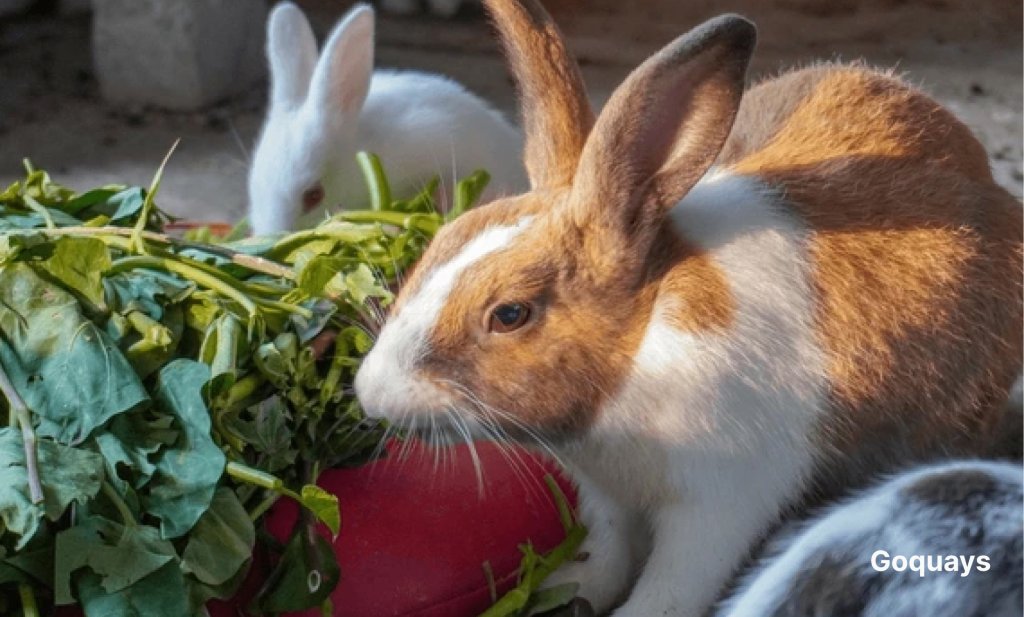
Despite being one of the most important parts of rabbit care, dental health is sometimes disregarded. A rabbit’s teeth never cease growing, unlike those of humans or even dogs and cats. They may experience severe and excruciating dental problems that impair their capacity to eat, groom, and lead comfortable lives if they are not properly cared for.
Throughout their lives, all 28 of a rabbit’s teeth develop by up to 2-3 mm every week. These teeth may become misaligned (malocclusion), resulting in sharp spikes that pierce the tongue or cheeks, if they are not naturally worn down by chewing.
How to Avoid This:
- Providing lots of hay, it helps them to naturally grind down the teeth and support a healthy digestive system.
- Reduce the amount of pellets and snacks in their diet as they do not encourage chewing.
- Provide chew toys
- Schedule routine dental examinations with your vet.
- Watch out for warning signs such as drooling, grinding the teeth or swelling around the eyes or jaw. These are indications of dental issues. Consult your vet immediately
- Take note of how much hay your rabbit eats daily, if you notice a drop in hay consumption, it might be your rabbit’s way of telling you something’s wrong with their teeth.
Not Doing Enough Research
Deciding to get a pet rabbit without first doing adequate research about them is one of the biggest mistakes you can make. Rabbits appear cute and most owners assume they are low-maintenance creatures that do not require a lot of care. However, rabbits are complex, intelligent animals with requirements that must be fulfilled to keep them healthy.
What you can do:
- Before you bring a rabbit home, learn all you need to know about them.
- Note that not all rabbit breeds are the same, some can be more active than others and some breeds require more grooming than others
- Be prepared for the expenses that come with owning a bunny
- Prepare your home before your bunny arrives because they need space to hop and play
- Join our pet community on the Quays website to connect with other bunny lovers and parents
- Finally get pet insurance for your rabbit from Quays pet insurance to protect you from unexpected vet expenses.
Bringing a rabbit into your home is a joyful and rewarding experience. It requires a certain level of commitment to create an environment where your bunny is free to explore and thrive. You can totally avoid these 10 mistakes, create a spacious and engaging home for your bunny, giving them the right diet and making sure they live healthy lives.
Rabbits are lovely creatures with unique personalities, tastes, and demands that go beyond simple pets. You can prevent these mistakes and strengthen your relationship of trust with your bunny by being informed and observant.

